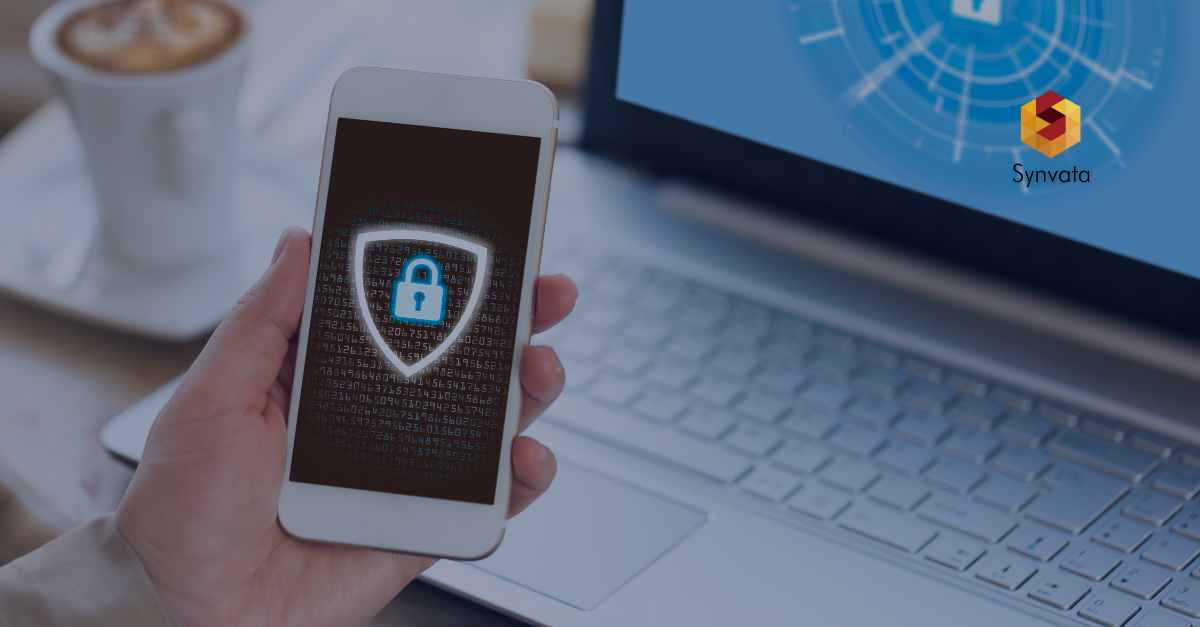Remote work entails certain cybersecurity threats, such as phishing which is increasingly recurrent. A key issue is that in most workplaces, an IT team will take care of cybersecurity, but with a remote workforce staff need to be more aware of threats, so here are the best security tips for remote work.
1. Antivirus and Internet security software
Hackers seek to exploit people‘s home internet networks and commercial VPNs to gain access to sensitive files and these attacks could leave you, your company, and your employees exposed to ransomware attacks, DDoS attacks, malware, spyware, and other types of breaches. For this reason it is necessary to have an antivirus suite that offers automatic security against a number of threats like these: Zero–day attacks (viruses that exploit security flaws before they are patched) Malware, spyware and viruses Trojans and worms Phishing scams, including those sent via email
2. Don‘t touch my laptop!
Family members should be away from the work team. Employees must keep their devices secure and not allow family members to access their laptops, mobile phones, or any other work–related hardware device. Always remember to protect with password to prevent third parties from gaining access.
3. Closed webcam
Incredibly, hackers can easily access your webcam without permission and thus access your documents. If your camera is external, you should unplug it when you are not using it. And if it‘s integrated into your laptop use a sliding cover While using video conferencing software, you may also want to use features like the “blurred background“ feature if your platform has it. This can prevent people at your conferences from spying on objects in the background of your home, which can often include sensitive data about you or your clients.
4. Use a VPN
Remote work often means connecting your computer to the company‘s virtual private network (VPN connection), but this, in turn, creates new “backdoors“ of home office security that hackers could expose. First and foremost, it is essential to provide employees with advice and guidance or safety policies for working from home on how to be a safe remote worker. Businesses should look for ways to make their VPN more secure. VPN security can be enhanced by using the strongest authentication method possible. Many VPNs use a username and password, but you may want to consider upgrading your use of smart cards. You can also improve your encryption method for VPN access, for example, by upgrading from a Point–to-Point Tunneling Protocol to a Layer Two Tunneling Protocol (L2TP). Of course, it doesn‘t matter how strong your VPN is – if an employee‘s password is compromised, hackers will be able to easily gain access. Therefore, it is essential to ensure that employees update their passwords regularly. You should also remind employees to use the VPN only when they need it, turning it off if they‘re on their work devices for personal use in the evenings or on weekends. While working from home, employees will use their home networks and internet connections. Therefore, it‘s a good idea to teach employees how to set up their personal wireless routers and firewalls and keep their home networks secure. And of course, comprehensive security and antivirus software will also cover your VPN.
5. Use a centralized storage solution
If your business relies on cloud or server storage, you need to make sure that all your employees use this solution. If you think your employees don‘t know or are unfamiliar with your storage service, or continue to store files locally, contact them to make sure they‘re familiar with the centralized service. That way, if your business is compromised and local files are lost, destroyed, or compromised, you‘re more likely to have a backup of the necessary documentation. This method also means that important documents are more secure, as they will be protected by the firewall attached to your centralized storage solution.
Next week you will find the second part of these recommendations.



